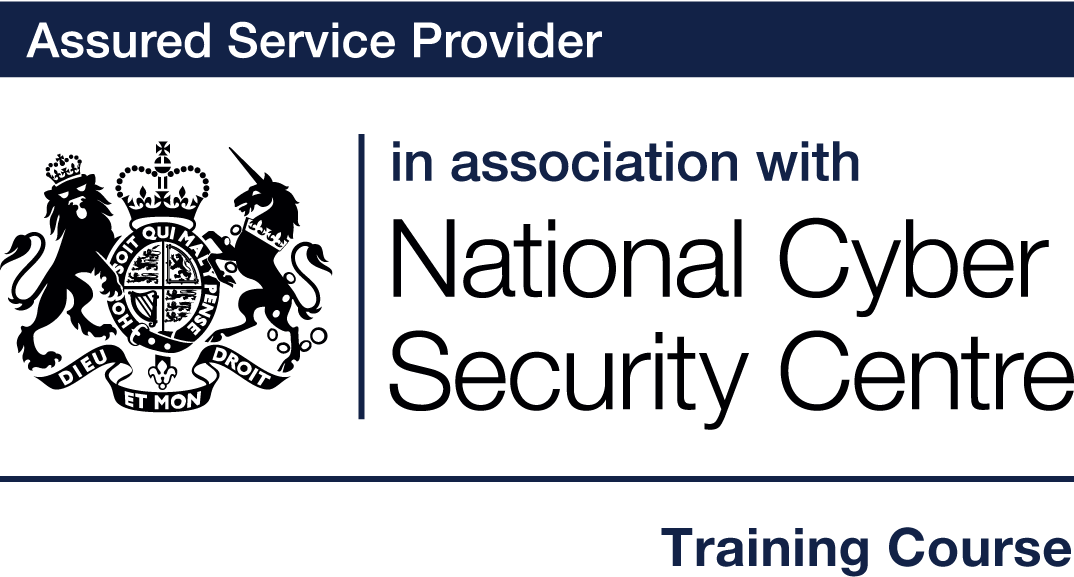From £1,820 + VAT
- SFIA
Skills Framework for the Information Age (SFIA) identifies and describes over 100 skills and 7 levels of job roles. To find out more, read What is SFIA?
To book this course, call us on 0113 382 6296 or get in touch via the form.
Overview
The IISP accredited ICS Practitioners Security Course is designed to provide ICS practitioners with an understanding of the cyber security challenges facing their environments. This knowledge is vital when managing the day to day running of all aspects of security risk for those environments.
The course will show how to protect ICS environments and best identify and support their organisations’ cyber security and risk mitigation/reduction strategies for their ICS environments.
Siker have worked in partnership with the National Cyber Security Centre (NCSC), the Centre for the Protection of National Infrastructure (CPNI) in the UK and leading Critical National Infrastructure (CNI) organisations.
If you are a...Practitioner involved with ICS procurement/implementation/audit/maintenance or part of an ICS environment supply chain and/or people who need full awareness of the security risks to these environments, including:
- Site/Asset User or Operator
- Site/Asset IT/ICS Support engineer
- Site/Asset Physical security/Facilities Management professional
...then this course is for you.
It provides the attendee with the knowledge to fully understand the security risks facing your ICS environments including the Supply Chain. In addition, it discusses how to forward plan to help mitigate and reduce these risks as well as identifying and responding to a cyber incident.
Prerequisites
There are no pre-requisites for this course and no technology is required. A handbook of supporting material is provided.
Learning Outcomes
The course consists of 2 days (12 CPE credits) of classroom training. Day one covers the current and emerging ICS risk landscape and Day two covers operational security, risk reduction planning and Cyber Incident Management.
By the end of the course, you will be familiar with:
- How to identify what current and emerging threats your ICS environments face
- Where your ICS environments may be vulnerable
- What actions you need to take to secure those environments and help reduce the risk
- How to prepare for and handle a cyber security incident in those environments
Course Outline
Course Outline
Module 1: Background (what is an ICS, what are the threats and vulnerabilities):
- ICS description and terminology
- ICS Vs IT. Differences and similarities
- Threats to ICS
- ICS vulnerabilities
- Known ICS security incidents
Module 2: Securing ICS (what can be done to secure an ICS):
- Secure architecture and design
- Securing existing and legacy systems
- Security risk management
- Operational security
- Vendor management
- Building security into procurement processes
Module 3: Security Incident Management (what to do when the worst happens and roles and responsibilities):
- Security incident identification
- Security incident response
- Security incident recovery
- Planning and preparation
Module 4: Cyber Incident Exercise
- Cyber interactive exercise

QA is proud to be the UK Siker partner.
Why choose QA
- Award-winning training, top NPS scores
- Over 500,000 learners in 2024
- Our training experts are industry leaders
- Read more about QA
Special Notices

Complimentary post course ICS labs are provided, exclusive to QA in the UK, by CYRIN.
Cyber Security learning paths
Want to boost your career in cyber security? Click on the roles below to see QA's learning pathways, specially designed to give you the skills to succeed.
ICS & OT Security learning paths
Want to boost your career in ICS & OT Security? View QA's learning pathways below, specially designed to give you the skills to succeed.

Frequently asked questions
How can I create an account on myQA.com?
There are a number of ways to create an account. If you are a self-funder, simply select the "Create account" option on the login page.
If you have been booked onto a course by your company, you will receive a confirmation email. From this email, select "Sign into myQA" and you will be taken to the "Create account" page. Complete all of the details and select "Create account".
If you have the booking number you can also go here and select the "I have a booking number" option. Enter the booking reference and your surname. If the details match, you will be taken to the "Create account" page from where you can enter your details and confirm your account.
Find more answers to frequently asked questions in our FAQs: Bookings & Cancellations page.
How do QA’s virtual classroom courses work?
Our virtual classroom courses allow you to access award-winning classroom training, without leaving your home or office. Our learning professionals are specially trained on how to interact with remote attendees and our remote labs ensure all participants can take part in hands-on exercises wherever they are.
We use the WebEx video conferencing platform by Cisco. Before you book, check that you meet the WebEx system requirements and run a test meeting to ensure the software is compatible with your firewall settings. If it doesn’t work, try adjusting your settings or contact your IT department about permitting the website.
How do QA’s online courses work?
QA online courses, also commonly known as distance learning courses or elearning courses, take the form of interactive software designed for individual learning, but you will also have access to full support from our subject-matter experts for the duration of your course.
Once you have purchased the Online course and have completed your registration, you will receive the necessary details to enable you to immediately access it through our e-learning platform and you can start to learn straight away, from any compatible device. Access to the online learning platform is valid for one year from the booking date.
All courses are built around case studies and presented in an engaging format, which includes storytelling elements, video, audio and humour. Every case study is supported by sample documents and a collection of Knowledge Nuggets that provide more in-depth detail on the wider processes.
When will I receive my joining instructions?
Joining instructions for QA courses are sent two weeks prior to the course start date, or immediately if the booking is confirmed within this timeframe. For course bookings made via QA but delivered by a third-party supplier, joining instructions are sent to attendees prior to the training course, but timescales vary depending on each supplier’s terms. Read more FAQs.
When will I receive my certificate?
Certificates of Achievement are issued at the end the course, either as a hard copy or via email. Read more here.
Let's talk
A member of the team will contact you within 4 working hours after submitting the form.